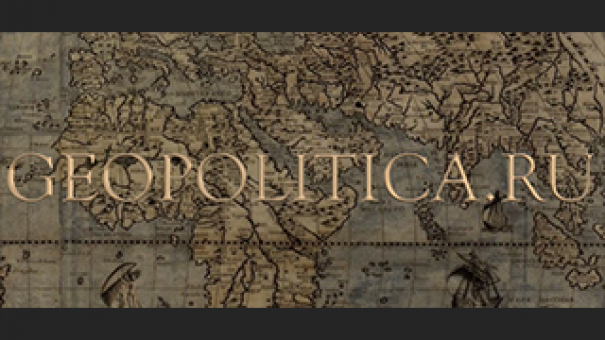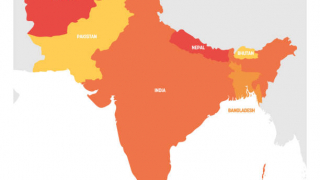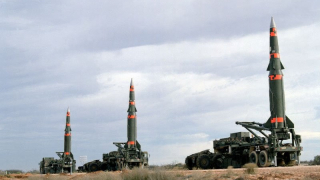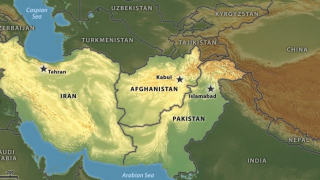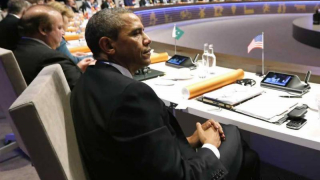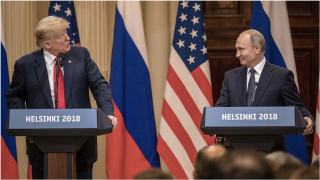See also
04.07.2017
Seven NATO members have announced that they will cooperate on the development of new maritime multi-mission aircraft.
Defense Ministers from France,...
17.01.2017
A deepening partisan divide over the deployment of the controversial U.S. THAAD missile defense system is becoming a key national security issue in...
23.11.2024
Donald Trump has made an extraordinary comeback as the 47th President of the United States. Predictions are already swirling about what Trump 2.0’s...
02.02.2019
In the article “How Not to Build a ‘Great, Great Wall”, one of the creators of The American Empire Project and a professor of history at New York...
31.12.2018
As stated by Kimberly Aamadeo in the Balance Magazine in August 2018, the Afghanistan War that began in 2001 has cost $1.07 trillion. The Bush...
19.11.2018
The climax of the Cold War was reached when the former American President Carter and European leaders Callaghan, Giscard and Schmidt decided in 1979...
23.08.2021
With NATO withdrawal imminent, Pakistan and Afghanistan are caught up in a 22-catch situation. The forever war, famously known as, ‘the war of Terror...
The summit will address the issue of preventing the spread of nuclear weapons and materials into the hands of terrorists, the mechanisms of the non-...
14.10.2016
In Yerevan, the Council of the Collective Security Treaty Organization is gathering together officials and heads of state.
06.12.2017
How to understand Russian hard power in correct way
31.07.2018
The aggressive attacks launched by the Democrats, although those were intended as a measure to discredit Donald Trump, will ultimately come back to...
10.05.2018
The first of May was marked by the 70-year anniversary of the establishment of diplomatic relations between Pakistan and the USSR (Russia is the...

